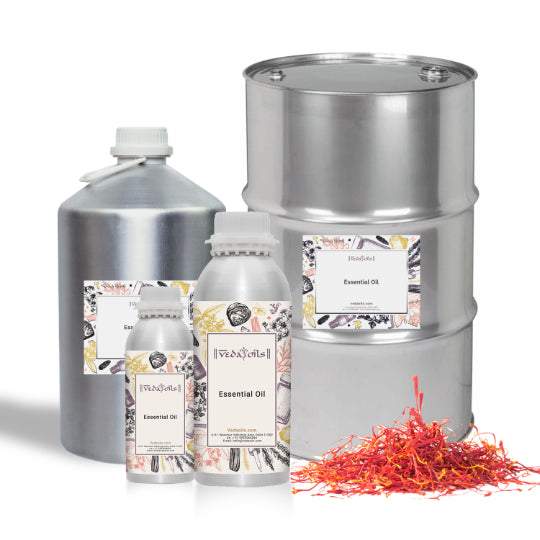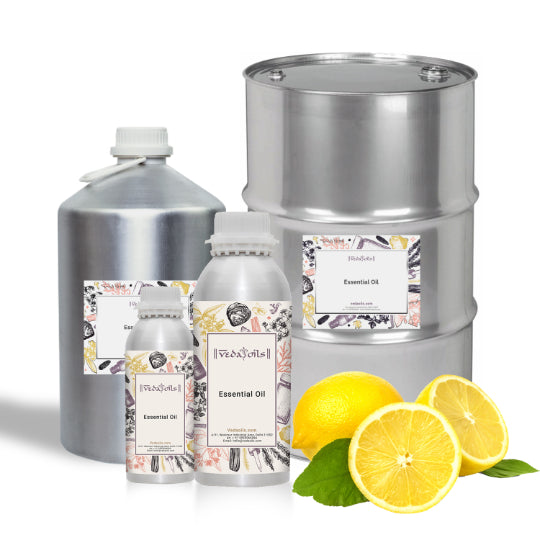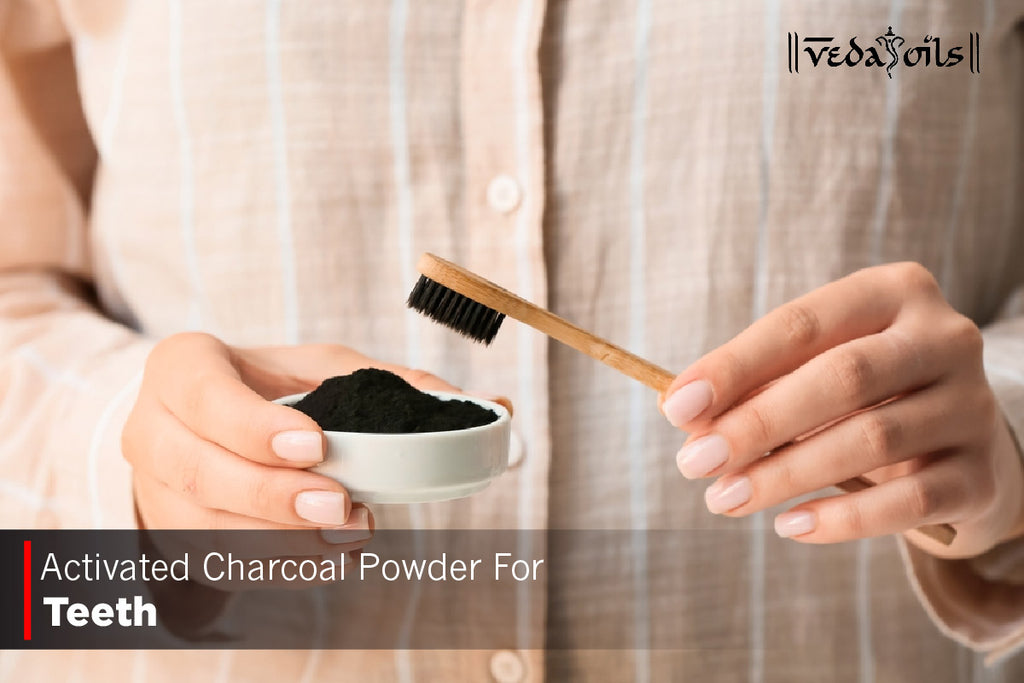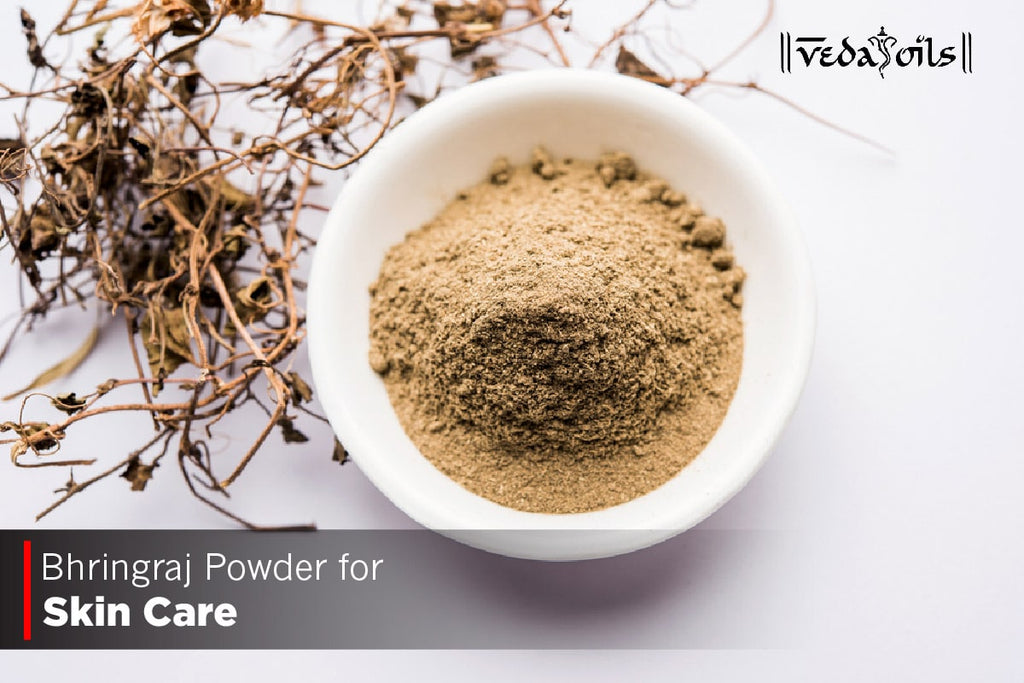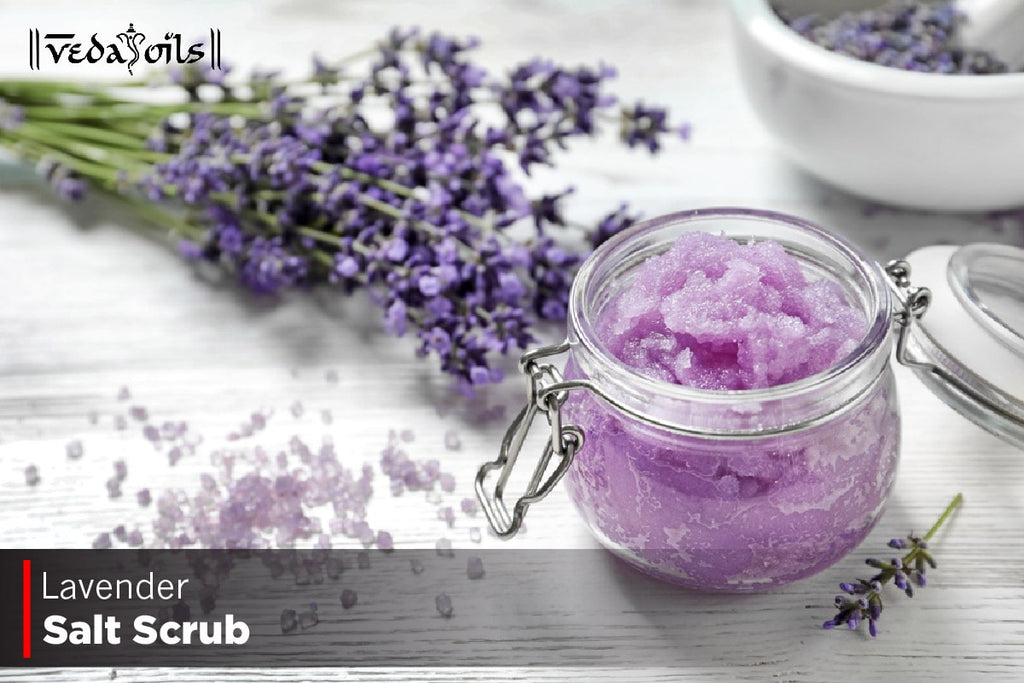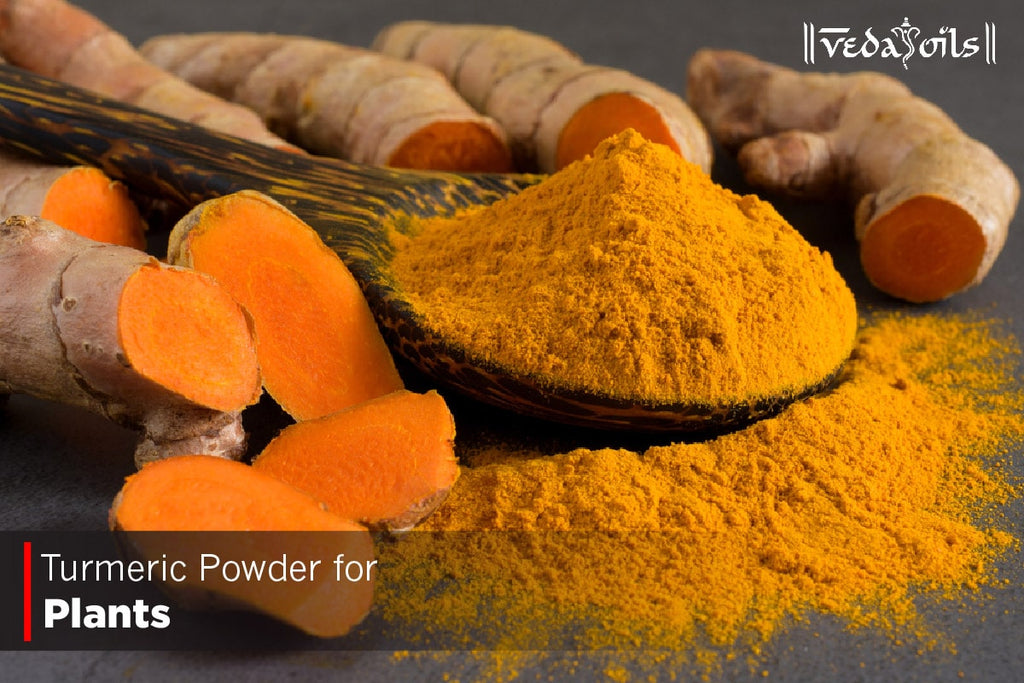Embarking on the journey to healthy, radiant skin involves more than just proper eating habits and hydration; it necessitates a tailored skincare routine. Spending hours on skincare is unnecessary; what matters is an effective routine that aligns with your skin type, encompassing cleansing, toning, exfoliation, and moisturization.
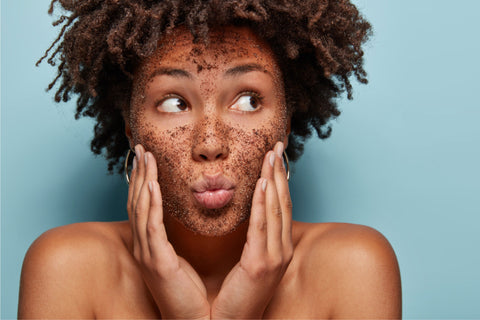
Despite adhering to these practices, individuals, especially those with exfoliator for black skin (Type V-VI on the Fitzpatrick Skin Type scale), might encounter persistent issues like dark spots and hyperpigmentation. A culprit often identified is improper or irregular exfoliation, making sugar scrubs for dark spots a potential solution.
Understanding Skin Exfoliation For Black Skin
Before diving into the realm of the best exfoliants for black skin, it's crucial to comprehend the significance of exfoliation. This process involves removing the top layer of dead skin cells and unveiling new, healthier cells. Beyond unclogging pores, exfoliation enhances skin brightness and optimizes the effectiveness of skincare products.
Black Skin And Exfoliation
Black skin, rich in melanin and categorized as Type V-VI, boasts natural protection against harmful UV rays. However, this skin type is susceptible to specific issues like hyperpigmentation, acne, and keloidal scars. Exfoliating black skin requires finesse to avoid over-exfoliation, which can lead to irritation or worsen hyperpigmentation. Choosing an exfoliant that strikes the right balance between effectiveness and gentleness is paramount.
Best Exfoliant For Black Skin
In facial exfoliation, the focus shifts towards gentler options due to the delicate nature of facial skin. The key is selecting an face exfoliator for black skin that efficiently removes dead skin cells without irritating them.
- Physical Exfoliants: Physical exfoliants, utilizing small grains or tools like brushes, physically remove dead skin cells, offering instant results. However, they may prove too harsh for black skin, especially if sensitive or prone to hyperpigmentation.
- Opt for products with finer, smoother grains like jojoba beads, avoiding those with large, rough particles like walnut shells that can cause micro-tears in the skin.

- Chemical Exfoliants: Chemical exfoliants, leveraging acids or enzymes, dissolve and remove dead skin cells on a deeper level, providing more uniform exfoliation.
- Alpha hydroxy acids (AHAs), like glycolic acid and lactic acid, or beta hydroxy acids (BHAs), like salicylic acid, are often recommended for black skin. These acids effectively clear pores and reduce hyperpigmentation, but caution is needed to prevent skin irritation from overuse.
How To Exfoliate Black Skin
Exfoliate For Black Skin, use a gentle exfoliant with ingredients like glycolic acid or enzymes. Apply in circular motions, focusing on areas prone to dryness or hyperpigmentation. Rinse thoroughly and moisturize to maintain skin health.
1. Identify Your Skin Type
- Oily Skin: If your skin tends to produce excess oil, look for exfoliating products that are oil-free and non-comedogenic. Ingredients like salicylic acid can be beneficial for controlling extra oil and preventing breakouts.
- Dry Skin: Individuals with dry skin should opt for hydrating exfoliants. Exfoliating ingredients like lactic acid or glycolic acid can help remove dead skin cells while maintaining moisture.

- Combination Skin: For those with a combination of oily and dry areas, consider using different exfoliants for each zone. Tailor your approach to address the specific needs of other areas of your face.
- Sensitive Skin: Choose exfoliants with mild ingredients such as fruit enzymes or chamomile if irritated skin. Patch testing is crucial to ensure the product doesn't cause adverse reactions.
2. Choose the Right Product Scrub For Black Skin
- Gentle Chemical Exfoliants: Black skin, more prone to hyperpigmentation, often benefits from gentle chemical skin exfoliation for black skin. Alpha hydroxy acids (AHAs) like glycolic acid and lactic acid or beta hydroxy acids (BHAs) such as salicylic acid are effective choices. These acids work by dissolving dead skin cells and promoting cell turnover without the abrasive nature of physical exfoliants.
- Avoiding Harsh Physical Exfoliants: While physical exfoliants use particles to scrub away dead skin cells mechanically, they can be too harsh for black skin, potentially causing micro-tears. If you opt for physical exfoliants, choose those with refined, smooth grains like jojoba beads and steer clear of rough particles like walnut shells.
3. Follow a Regular Exfoliation Schedule
- Oily Skin: Individuals with oily skin may benefit from more frequent exfoliation, such as 2-3 times per week, to control excess oil and prevent breakouts.
- Dry or Sensitive Skin: Those with dry or body scrubs for black skin may find that exfoliating once a week is sufficient to avoid irritation while maintaining skin health.

- Combination Skin: Adjust the frequency based on the needs of different areas. More frequent exfoliation may be required for oily zones, while less regular exfoliation is suitable for dry locations.
4. Apply a Moisturizer
- Hydration is Key: Post-exfoliation, the skin may be more susceptible to dryness. A moisturizer helps replenish lost moisture and maintains the skin's barrier function.

- Ingredients to Look For: Choose a moisturizer with hydrating ingredients such as hyaluronic acid, glycerin, or ceramides. This step is crucial to keep the skin supple and prevent it from drying.
5. Use Sunscreen
- Increased Sun Sensitivity: Exfoliation removes the top layer of skin, making it more vulnerable to the sun's harmful rays. Daily sunscreen application is essential to protect against UV damage.
- Broad-Spectrum Protection: Choose a broad-spectrum sunscreen with at least SPF 30. This protects against UVA and UVB rays, safeguarding your skin from premature ageing and hyperpigmentation.
Conclusion
In conclusion, exfoliation is integral to any skincare routine, irrespective of skin colour or type. Carefully selecting and adequately using exfoliating products for black skin can result in radiant, glowing skin.
Always remember the importance of gentleness and refrain from over-exfoliation. With the proper knowledge and products, achieving and maintaining healthy, glowing skin is well within reach.
Frequently Asked Questions
Q1: What is the best exfoliating cream for dark skin?
Ans: Look for exfoliating creams containing ingredients like alpha hydroxy acids (AHAs) or beta hydroxy acids (BHAs), such as glycolic or salicylic acid. These ingredients can help in removing dead skin cells and promoting cell turnover.
Some popular options include products from brands like Paula's Choice, The Ordinary or specific lines designed for darker skin tones like Black Opal.
Q2: Which exfoliator is best for hyperpigmentation?
Ans: Exfoliators containing glycolic acid, lactic acid, or vitamin C can benefit hyperpigmentation.
Products with these ingredients can help fade dark spots and even skin tone. The Ordinary Glycolic Acid 7% Toning Solution and products with niacinamide are often recommended for hyperpigmentation.
Q3: Is scrub good for dark skin?
Ans: Physical scrubs can be effective for exfoliation, but they should be used cautiously, especially on darker skin tones. Harsh physical exfoliants can sometimes lead to irritation or exacerbate hyperpigmentation.
Consider using gentler exfoliating options, such as chemical exfoliants, for a more even and controlled exfoliation.
Q4: How often should you best face exfoliator for black skin?
Ans: The frequency of exfoliation depends on your skin's tolerance. In general, it's recommended to exfoliate 1-3 times per week.
However, monitoring how your skin responds and adjusting the frequency accordingly is crucial. Over-exfoliation can lead to irritation and worsen skin concerns.
Q5: What whitens dark skin?
Ans: It's essential to cautiously approach skin lightening or whitening, as some products may contain harmful ingredients. Instead of focusing on "whitening," consider products that promote an even skin tone and target specific concerns like hyperpigmentation.
Elements such as arbutin, kojic acid, vitamin C, and niacinamide are often found in products designed to address hyperpigmentation and promote a more even complexion.


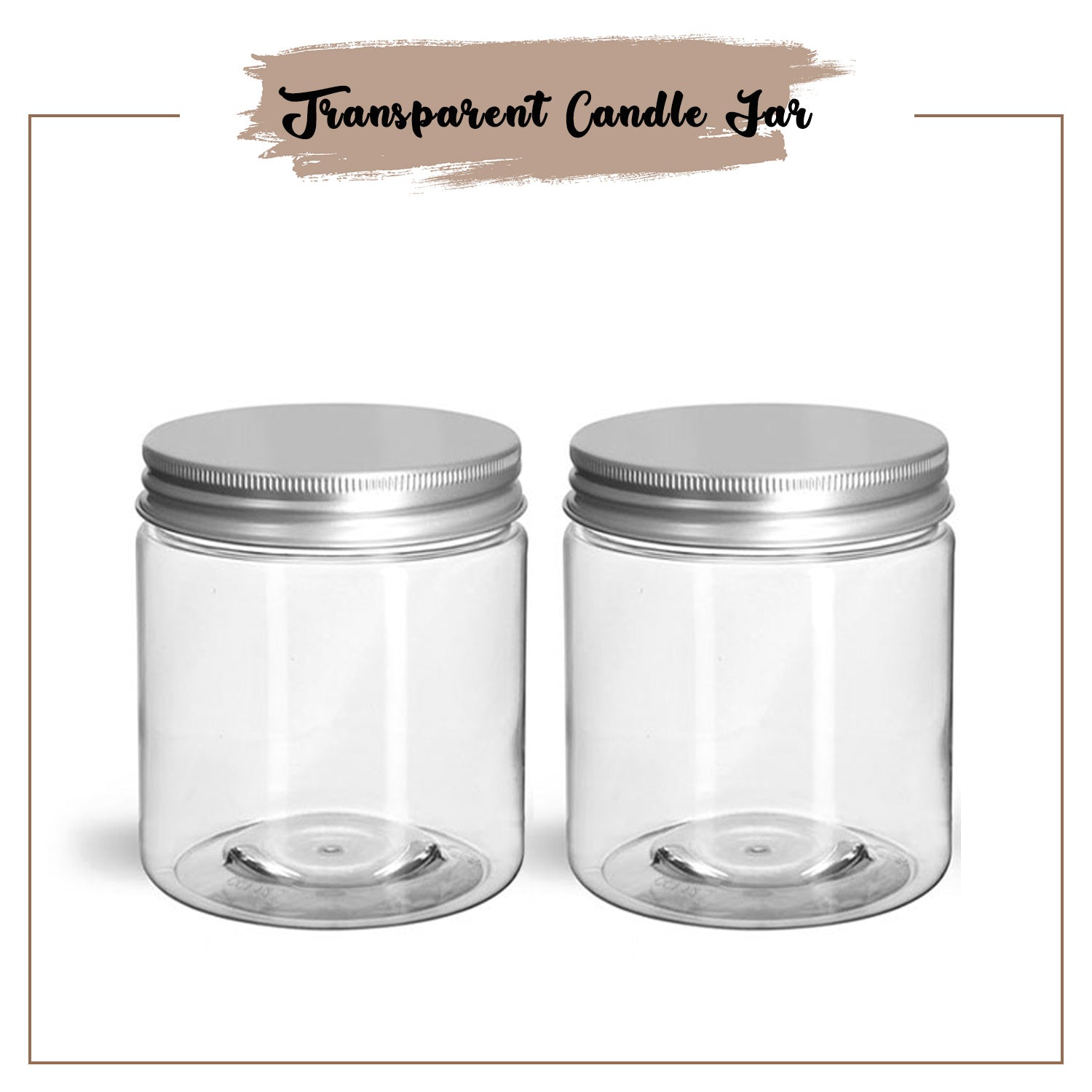

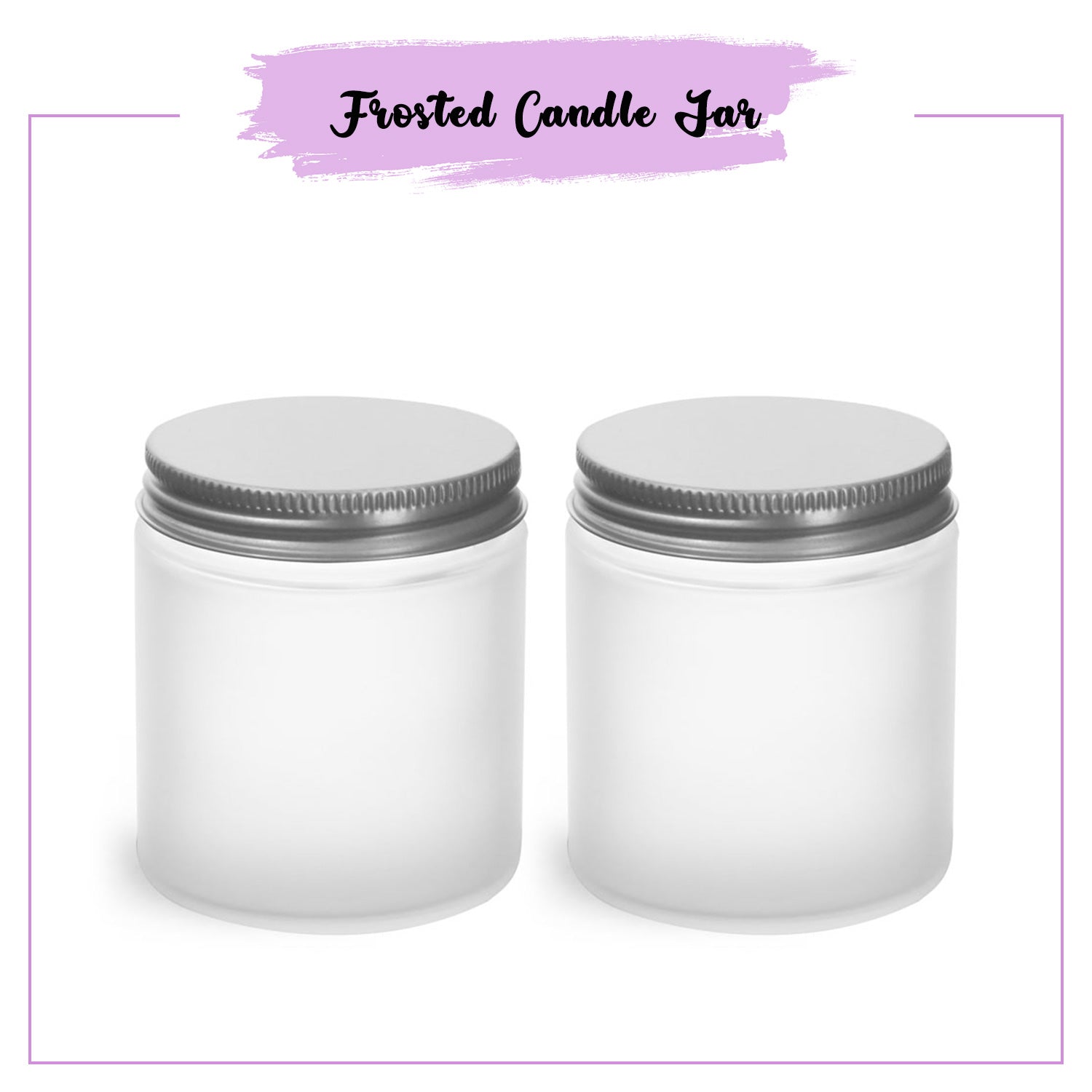

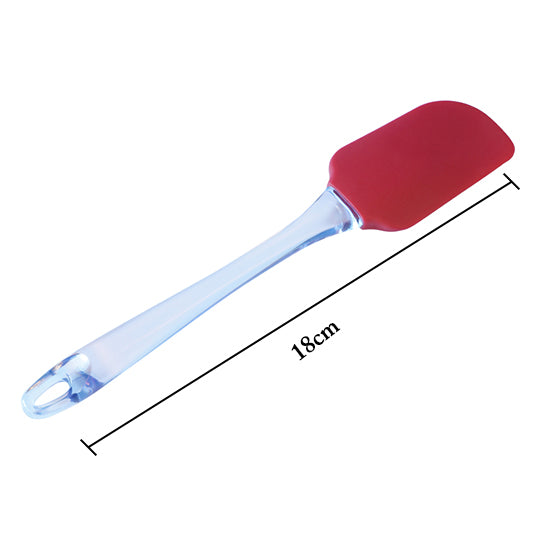

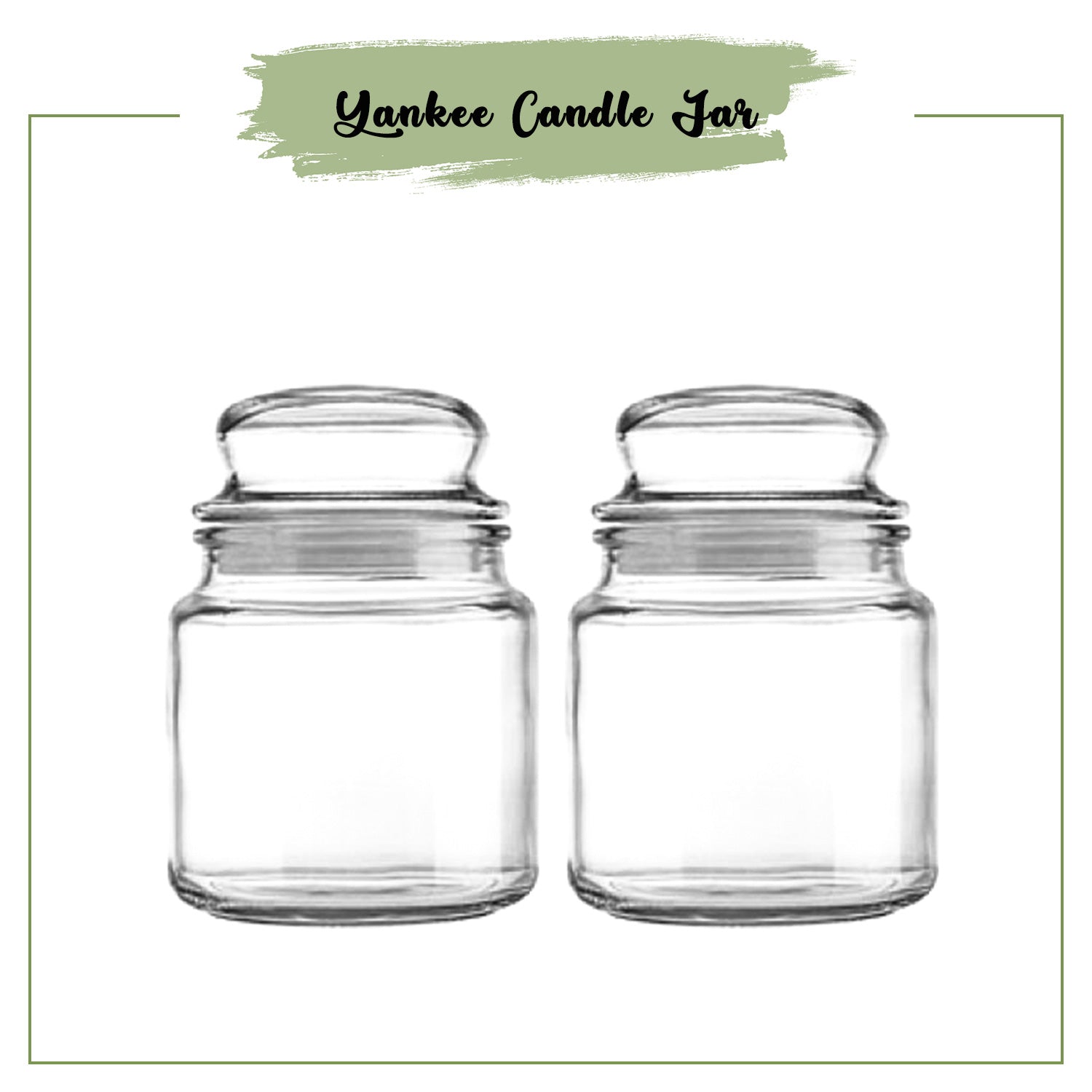

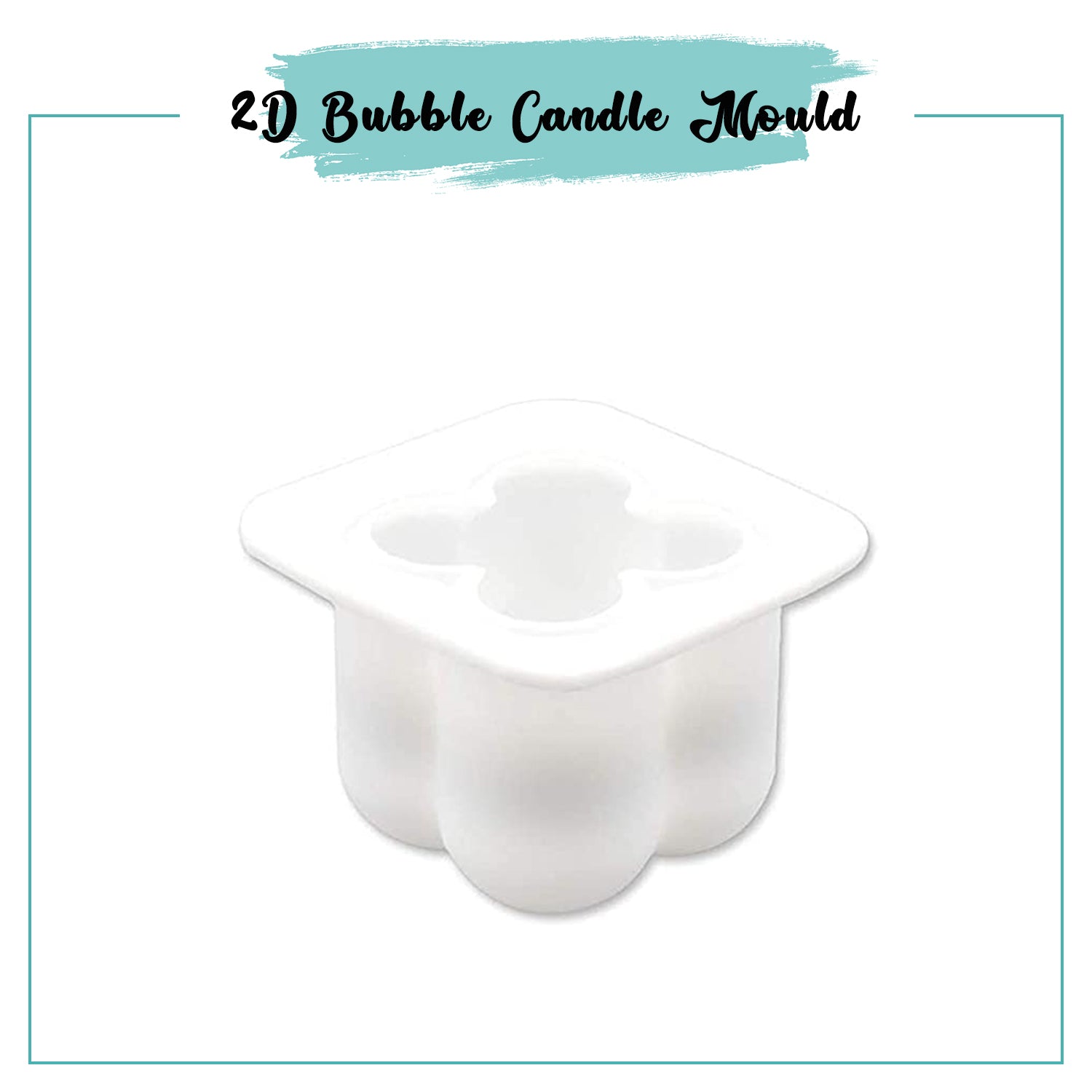


 Sign in
Sign in Register now
Register now My Reward Points
My Reward Points




